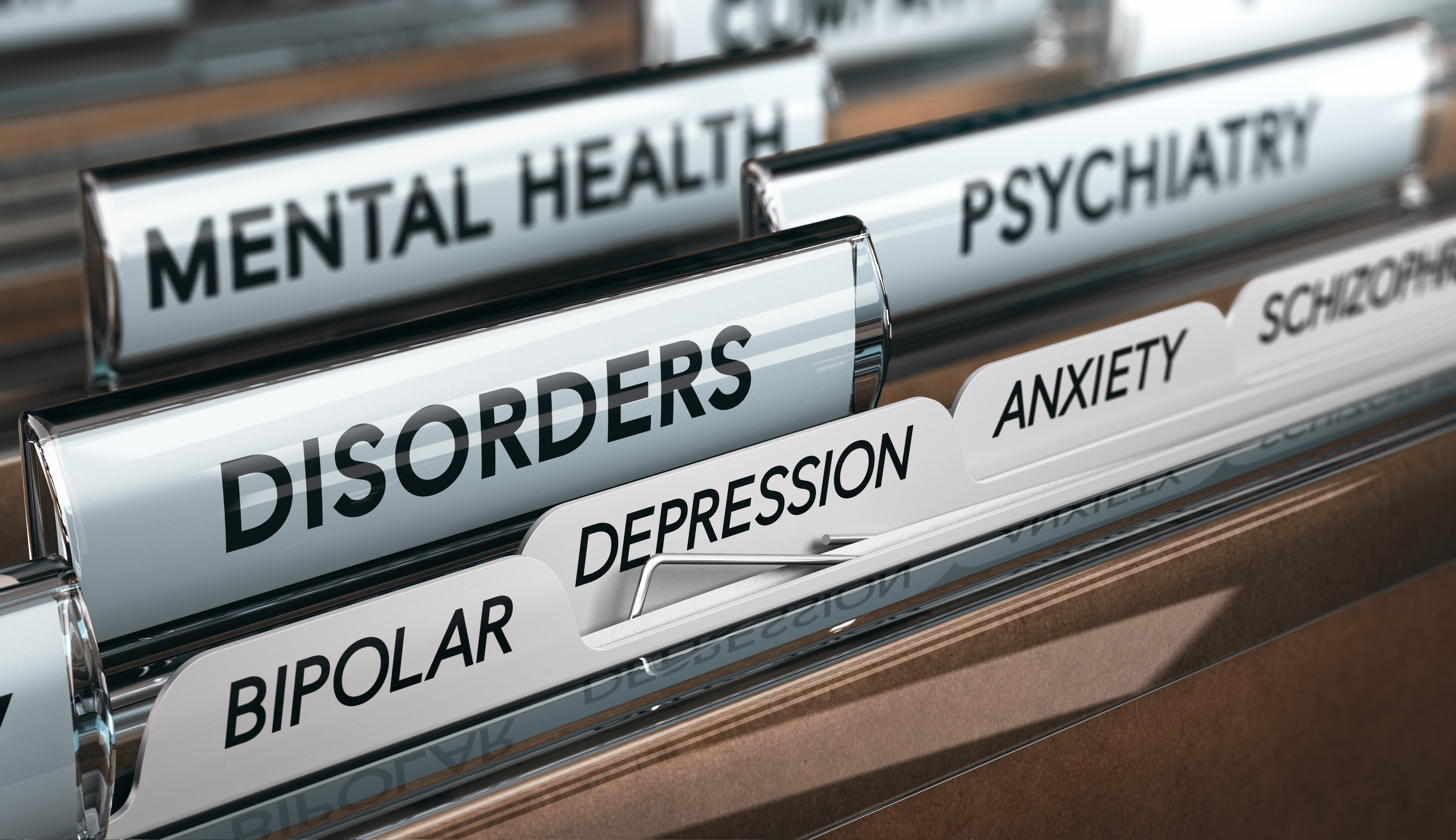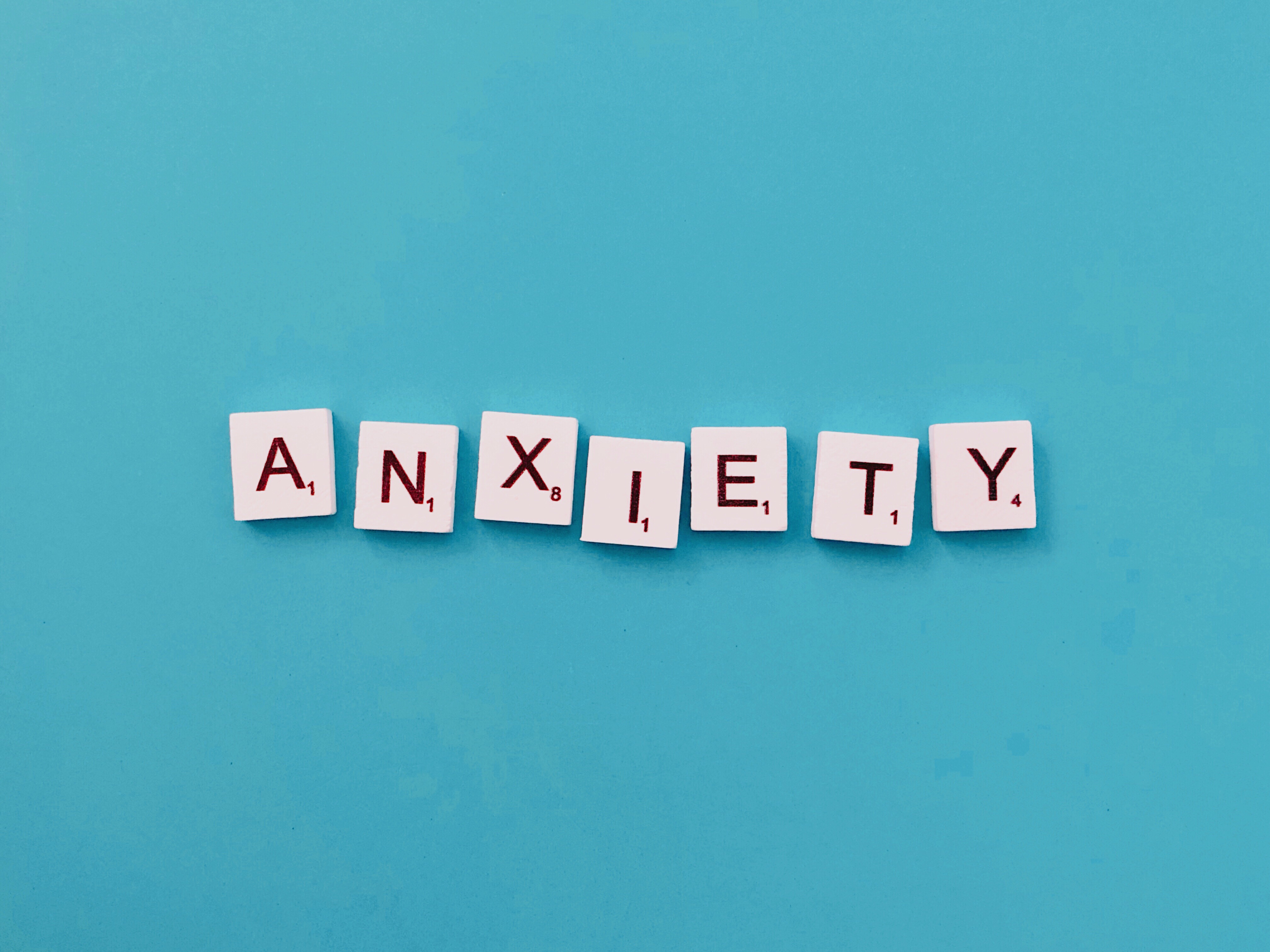When we talk about *mental health rehabilitation*, many people might wonder, “Is there a mental health rehab?” The answer is a resounding yes! Mental health rehabilitation centers are specialized facilities designed to help individuals regain stability and improve their mental well-being. Unlike traditional hospitals, these centers focus on providing holistic care tailored to the unique needs of each patient. Their goal is to equip patients with the tools they need to manage their mental health challenges effectively.
Mental health rehabs offer a wide range of services, including therapy sessions, medication management, and skill-building activities. These programs aim to restore a sense of normalcy and independence to those who have struggled with mental health issues. The environment is often supportive and nurturing, encouraging patients to explore and understand their emotions in a safe space.
The benefits of mental health rehab are numerous. Patients gain the opportunity to work with experienced professionals who guide them through personalized recovery plans. They also get to interact with peers facing similar challenges, fostering a sense of community and mutual support. This social aspect can be incredibly empowering, helping individuals realize they are not alone in their journey.
Mental Health Matters – Make it a Priority! If you or a loved one are ready to begin regaining autonomy over your health and well-being, know that we’re here for you. Let us guide you through your recovery journey and enable you to lead the happy, healthy, and fulfilling life you deserve. Contact us for Mental Health Services in New Jersey.
Benefits of Mental Health Rehabilitation

Engaging in *mental health rehabilitation* can be transformative for individuals dealing with mental health challenges. One of the primary benefits is the structured environment that these facilities provide. This setting allows patients to focus solely on their recovery without the distractions and stresses of everyday life. Within this safe space, they can explore and address the root causes of their mental health issues.
Another significant advantage is access to a team of dedicated professionals. These experts offer a variety of therapeutic approaches tailored to suit individual needs, such as cognitive-behavioral therapy, group therapy, and holistic practices like mindfulness and yoga. This comprehensive care ensures that patients receive a well-rounded treatment plan that addresses both psychological and physical aspects of health.
Moreover, mental health rehabilitation fosters a sense of community. Connecting with peers who face similar struggles can reduce feelings of isolation and stigma, encouraging individuals to share their experiences in a supportive environment. This peer support is invaluable, as it often leads to increased motivation and accountability in the recovery process.
Additionally, these programs focus on skill-building, empowering patients with practical tools and strategies to manage their symptoms and prevent relapse. Learning how to handle stress, communicate effectively, and set realistic goals can significantly improve one’s quality of life, enabling them to reintegrate into society with confidence and resilience.
Types of Mental Health Rehab Facilities

When considering *mental health rehabilitation*, it’s essential to understand the various types of facilities available, each offering unique approaches to treatment. **Inpatient facilities** are one such option, providing intensive, round-the-clock care in a hospital-like setting. These are ideal for individuals requiring constant supervision and support, often due to severe mental health conditions.
Alternatively, **residential rehab centers** offer a more homelike environment. While providing the necessary structure and support, these facilities emphasize comfort and community, allowing patients to engage in daily activities and therapeutic sessions in a less clinical setting. This type of facility is particularly beneficial for those who need a supportive environment but do not require intensive medical oversight.
For individuals who can manage their daily responsibilities while receiving treatment, **outpatient facilities** offer a flexible solution. These programs enable patients to attend therapy sessions and support groups while living at home, making it easier to integrate treatment into their everyday lives. This model is suitable for individuals with mild to moderate conditions who have a strong support system outside the facility.
**Day treatment programs**, also known as partial hospitalization programs (PHPs), provide a middle ground between inpatient and outpatient care. Patients spend a significant portion of their day receiving structured treatment and return home in the evenings. This setup is ideal for those who need more support than outpatient programs provide but do not require 24-hour supervision.
Each type of facility offers distinct benefits, and the choice largely depends on the individual’s specific needs and circumstances. Understanding these options can help in making an informed decision that aligns with one’s journey to recovery.
Choosing the Right Mental Health Facility

Selecting the appropriate *mental health facility* is a crucial step in one’s recovery journey. **Personalized care** should be at the forefront of this decision, ensuring that the facility’s approach aligns with your unique needs and preferences. Begin by considering the types of treatments offered, such as cognitive-behavioral therapy, medication management, or holistic therapies. It’s vital to choose a facility that provides a comprehensive treatment plan tailored to your specific mental health challenges.
Another important factor is the **expertise and credentials** of the staff. Well-qualified professionals with experience in treating your particular condition can make a significant difference in your recovery. Don’t hesitate to inquire about the qualifications of therapists, psychiatrists, and other staff members who will be part of your treatment team.
**Location and environment** also play a significant role in the selection process. Some individuals may prefer a facility close to home, where family and friends can easily visit and provide support. Others might benefit from a more secluded setting, away from everyday stressors, to focus solely on healing. Assess your comfort level with the facility’s location and ambiance before making a decision.
Additionally, consider the **facility’s reputation and reviews**. Researching testimonials from former patients can provide valuable insights into the facility’s strengths and weaknesses. Look for consistent themes in reviews that highlight the quality of care, the effectiveness of treatment programs, and the overall patient experience.
Finally, evaluate the **cost and insurance coverage**. Understanding the financial aspect of treatment is essential to avoid unexpected expenses. Ensure that the facility accepts your insurance or offers a feasible payment plan to make your treatment journey as smooth as possible.
What to Expect in Mental Health Rehab

Embarking on a journey through *mental health rehab* can be both exciting and daunting. Understanding what to expect can help ease anxieties and prepare you for the transformative experience ahead. Initially, a **comprehensive assessment** will be conducted to evaluate your mental health status, medical history, and personal circumstances. This assessment is crucial in crafting a personalized treatment plan that addresses your specific needs.
Once the assessment is complete, you will engage in a variety of therapies tailored to your condition. These may include **individual therapy sessions**, where you will work closely with a therapist to explore underlying issues and develop coping strategies. Group therapy is also commonly offered, providing a supportive environment to share experiences and learn from others facing similar challenges.
In addition to therapeutic interventions, many rehab facilities incorporate **educational workshops** aimed at building skills for managing mental health. Topics might cover stress management, communication skills, and relapse prevention, equipping you with tools to handle daily life more effectively.
**Medication management** is another key component of mental health rehab for those who require pharmacological support. Under the supervision of a qualified psychiatrist, you will have access to necessary medications and regular evaluations to ensure their effectiveness and adjust dosages as needed.
Throughout your stay, you can expect a structured routine that balances therapy, education, and leisure activities. This structure helps to establish a sense of normalcy and stability, which is crucial for recovery. Many facilities also offer holistic therapies such as yoga, meditation, and art therapy to promote overall well-being and enhance the healing process.
Ultimately, the goal of mental health rehab is to empower you to regain control over your life. By participating actively in your treatment plan, you can develop resilience and confidence to face future challenges more successfully.
Success Stories in Mental Health Recovery

Success stories in *mental health recovery* are a testament to the resilience of the human spirit and the efficacy of comprehensive treatment plans. These stories not only inspire hope in those beginning their journey but also highlight the diverse paths individuals can take towards healing.
Consider the story of Emma, who struggled with severe anxiety that left her unable to engage in everyday activities. Through a combination of cognitive-behavioral therapy (CBT), medication management, and mindfulness practices offered in mental health rehab, Emma gradually regained her confidence. Today, she leads a fulfilling life, advocating for mental health awareness and helping others find their paths to recovery.
Similarly, John, who battled depression for years, found solace in a holistic treatment approach at a rehab facility. Incorporating art therapy and outdoor activities into his routine, John discovered new passions that enriched his life. His story underscores the importance of exploring various therapeutic options to find what resonates personally.
These stories, among countless others, showcase the transformative power of mental health rehab. They remind us that recovery is not linear, and setbacks are part of the process. However, with determination, support, and the right resources, individuals can overcome even the most daunting challenges.
Mental Health Matters – Make it a Priority! If you or a loved one are ready to begin regaining autonomy over your health and well-being, know that we’re here for you. Let us guide you through your recovery journey and enable you to lead the happy, healthy, and fulfilling life you deserve. Contact us for Mental Health Services in New Jersey.















